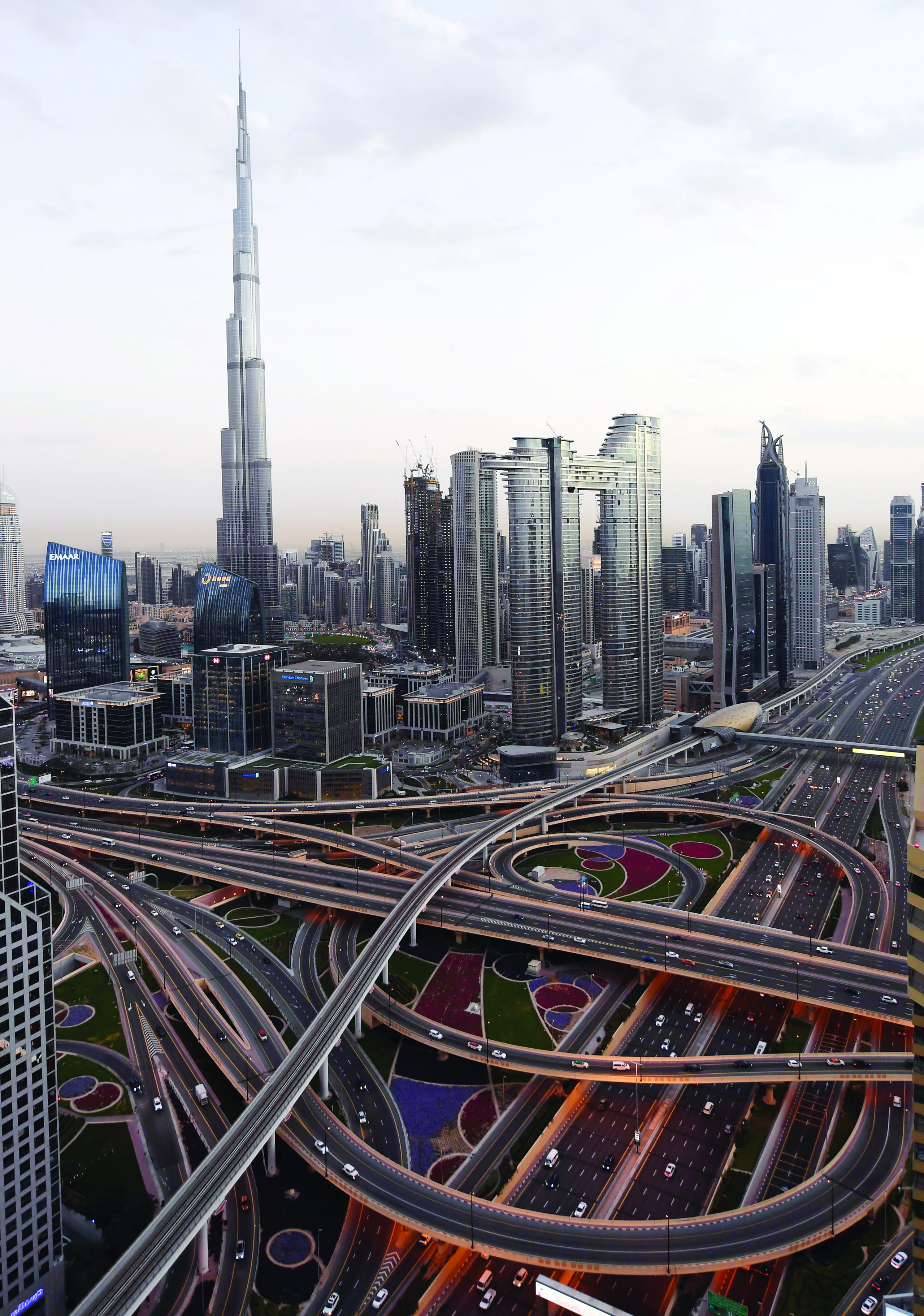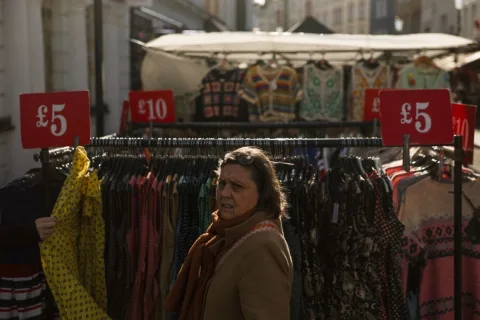
DUBAI: Gulf central banks cut interest rates yesterday, a day after the US Federal Reserve slashed its rates to near zero in an effort to ease the impact of the coronavirus outbreak. Kuwait's Central Bank cut its deposit rate by 100 bps to 1.5 percent, its lowest level in history. It also cut its overnight, one-week and one-month repo rates by 100 bps to 1 percent, 1.25 percent, and 1.75 percent respectively. The bank lowered the rate as part of a series of precautionary measures "for the consequences of the outbreak of the coronavirus and its implications for the national economy and the local market", it said on Twitter.
Stock markets in the energy-rich Gulf states tumbled yesterday as oil prices extended losses amid unprecedented measures against the coronavirus. Oil prices, the main source of Gulf revenues, skidded to their worst level since early 2016 amid a price war between Russia and Saudi Arabia, the second and third world producers. Boursa Kuwait continued to bleed with the Premier Index sliding 5.0 percent and the All-Shares Index dropping 3.9 percent.
Meanwhile Abu Dhabi, the capital of the UAE, launched a slate of economic measures aimed at shielding the private sector from a slowdown due to the spread of the virus, which has hit vital sectors of the UAE economy such as tourism and aviation. Most Gulf central banks tend to follow the US Fed because their currencies are pegged to the US dollar.
The UAE central bank trimmed its interest rate on one-week certificates of deposit by 75 basis points and other rates by 50 bps. The Saudi Arabian Monetary Authority cut repo and reverse repo rates by 75 bps. The Qatari regulator slashed its deposits, lending, and repo rates. Bahrain's central bank cut overnight, weekly and monthly deposit rates, in addition to its lending rate. The cuts follow stimulus packages launched by the Saudi, Qatari and UAE central banks over the past few days worth a combined $60 billion to contain the impact of the virus.
But such moves have not stopped a plunge in regional equity and debt markets, which are also pricing in the effects of a market share war between Saudi Arabia and Russia on crude prices. The slide was led by the UAE bourses of Abu Dhabi and Dubai which dived by 7.8 percent and 6.2 percent, respectively, both trading at multi-year lows. The two bourses ignored further financial support announced yesterday by some countries on top of a $27.2 billion stimulus unveiled the previous day to support the economy against the fallouts of the coronavirus. The Saudi Tadawul market, the region's biggest, was trading 3.3 percent lower despite a $13.3 billion stimulus announced the by the kingdom to support the economy.
Bahrain bourse dropped 1.4 percent and Muscat market ended 1.8 percent down. Qatar Stock Exchange bucked the trend for the second day after the gas-rich emirate announced a $23 billion stimulus in addition to $2.7 billion to support the stock market. Oil prices extended losses yesterday with US benchmark West Texas Intermediate (WTI) briefly dipping below $30 a barrel, or 5.5 percent, in morning Asian trade before regaining its footing. The Brent global benchmark was down 3.28 percent at $32.74 a barrel.
UAE stock markets have tanked over the past three weeks, with Dubai's main index tumbling nearly 30 percent and Abu Dhabi sinking around 25 percent in the same period. Abu Dhabi allocated 1 billion dirhams ($272.26 million) to support the local stock market, it said yesterday. Some further 3 billion dirhams were allocated for a credit guarantee scheme for small and medium-sized enterprises (SMEs) and another 5 billion dirhams to subsidize utility bills.
Several fees were scrapped or reduced, including for real estate registrations, or for start-ups and the tourism and hospitality sectors, the government said on Twitter. Abu Dhabi Crown Prince Sheikh Mohammed bin Zayed Al-Nahyan (MbZ) said on Twitter UAE authorities would support the economy by easing investment laws and regulations. He said there would be no interruptions on approved capital expenditure and development projects in the emirate. - Agencies











